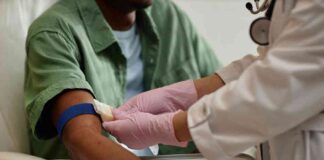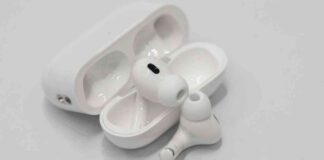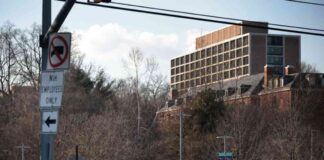A tough weekend for those supporting MDMA-assisted psychotherapy. First, the FDA rejects a treatment from Lykos Therapeutics. Now a journal is retracting three MDMA papers due to data integrity issues. In contrast, a nasal epinephrine spray receives FDA approval.
Halda Therapeutics, a cancer medicine developer, secures $126 million for advancing an experimental drug for prostate cancer. The FDA approves a new hormone treatment for hypoparathyroidism in adults called Yorvipath by Ascendis Pharma. The FDA extends its review of lab-grown blood vessels made by Humacyte.
The journal Psychopharmacology retracts three papers on MDMA-assisted psychotherapy due to protocol violations and unethical conduct. The retractions follow the FDA’s rejection of Lykos’ MDMA therapy approval application.
The FDA is criticized for allowing over 400 drugs with fraudulent data to remain on the market from a testing facility in India. Suzanne Robotti emphasizes the need for transparency and patient safety in drug approval processes.
Pharmacy benefit managers (PBMs) are discussed for their role in driving up drug costs. Researchers suggest promoting competition and transparency to lower drug prices and premiums.
The FDA approves Neffy, a needle-free nasal spray for severe allergic reactions. Developed by ARS Pharmaceuticals, Neffy offers an alternative to existing epinephrine auto-injectors with a lower cost and easier administration.
In other news, Humacyte’s blood vessel implant review is extended by the FDA. A risky college student venture is covered by the New York Times, and lessons from reproductive health are discussed in relation to psychedelic medicine.
Overall, challenges and progress in MDMA-assisted psychotherapy, drug approvals, and drug pricing are highlighted in recent developments in the biotech and pharmaceutical industry.


















